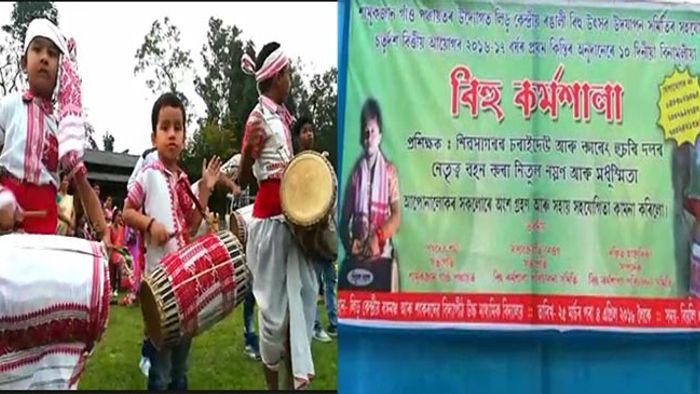Rongali Bihu 2022: The festival of happiness and celebration of Assamese New Year

- Apr 15, 2022,
- Updated Apr 15, 2022, 10:01 PM IST
Before the harvest season, the name Bihu is derived from the Sanskrit word Bishu, which means "to implore blessing and prosperity from the Gods." While the event is called Bohag Bihu after the first month of the Assamese calendar, Rongali Bihu, it is also known as Rongali Bihu.
The name Rong is derived from the Chinese term Rong, which implies gladness, joy, and celebration. While all three Bihu festivities revolve around harvesting, Rongali happens during a time when the cultivators have little labour to do but enough to store and enjoy. As a result, the names of the festivals indicate the celebration style's festivities, joys, and happiness.
The festival is a regional holiday in Assam, and it is also commemorated as a holiday in Arunachal Pradesh, a neighboring state. The festival of Bohag Bihu is a national celebration for the Assamese people, and it is celebrated in the state on a large scale.
People wake up early on the first day of Bohag Bihu celebrations to apply a paste of turmeric and raw urad dal to their bodies and bathe, after which they seek the blessings of elders and then go out to wish friends, relatives, and neighbours and eat lip-smacking traditional dishes such as Til Laru, Pitha, Murir Laru, Ghila Pitha, and Poka Mithoi, among others. Rongali Bihu has days dedicated to livestock, domestic deities, handlooms, and farming equipment, among other things. Other holiday customs include dancing to the tunes of traditional music known as Bihu Geet, feasting, and exchanging gifts.